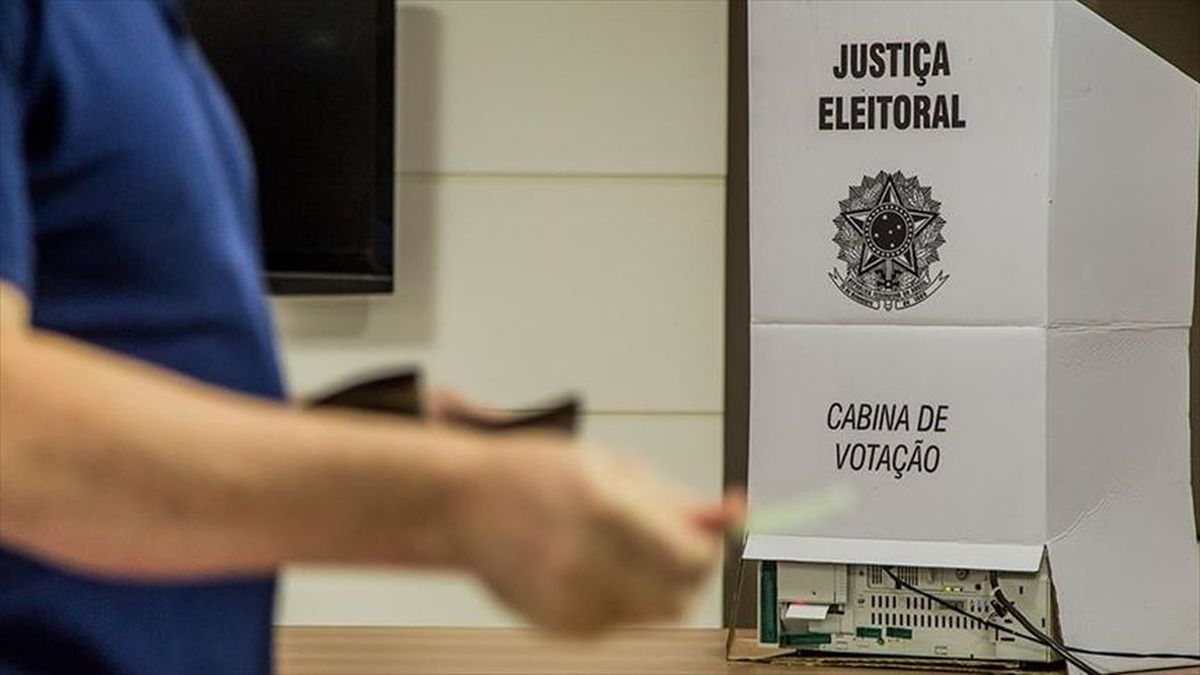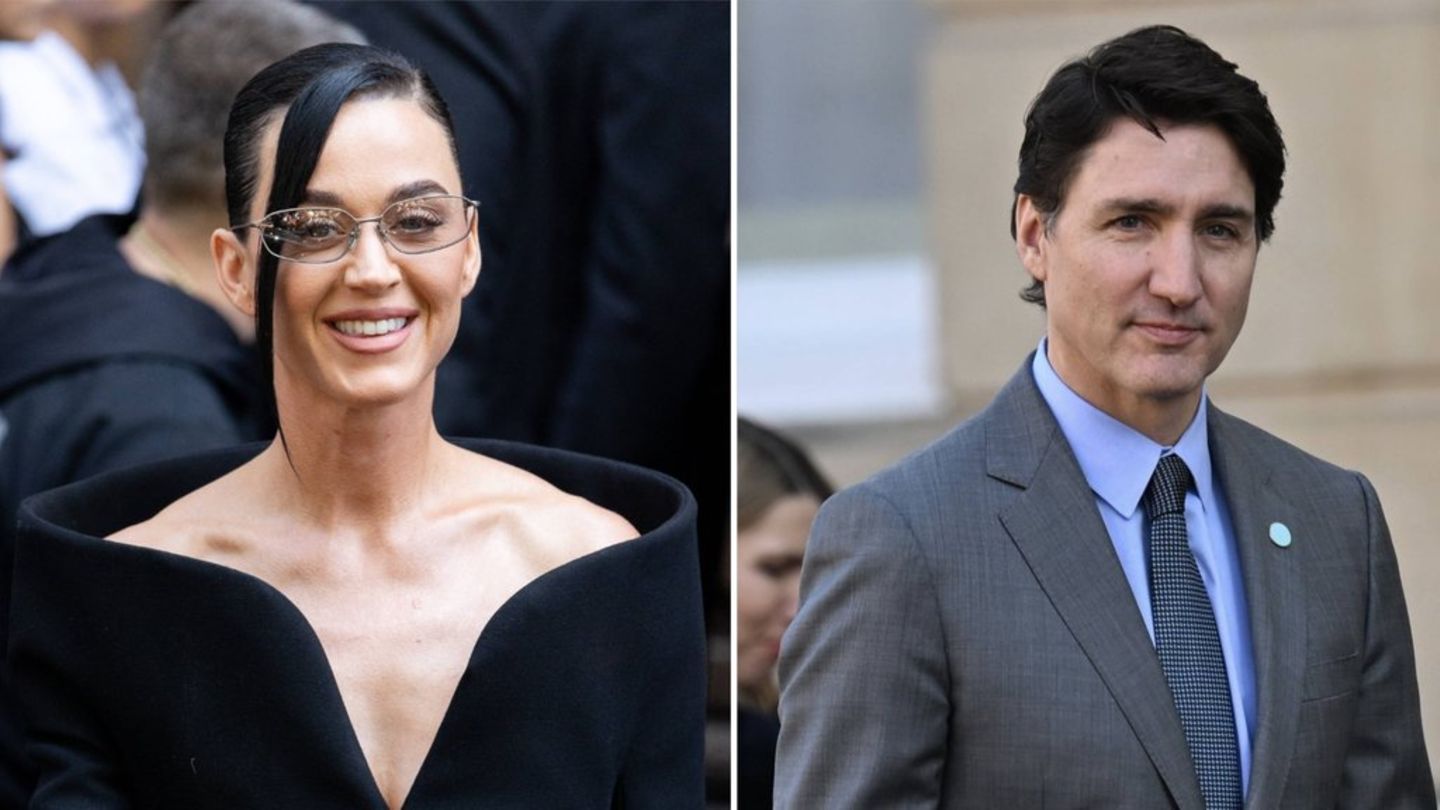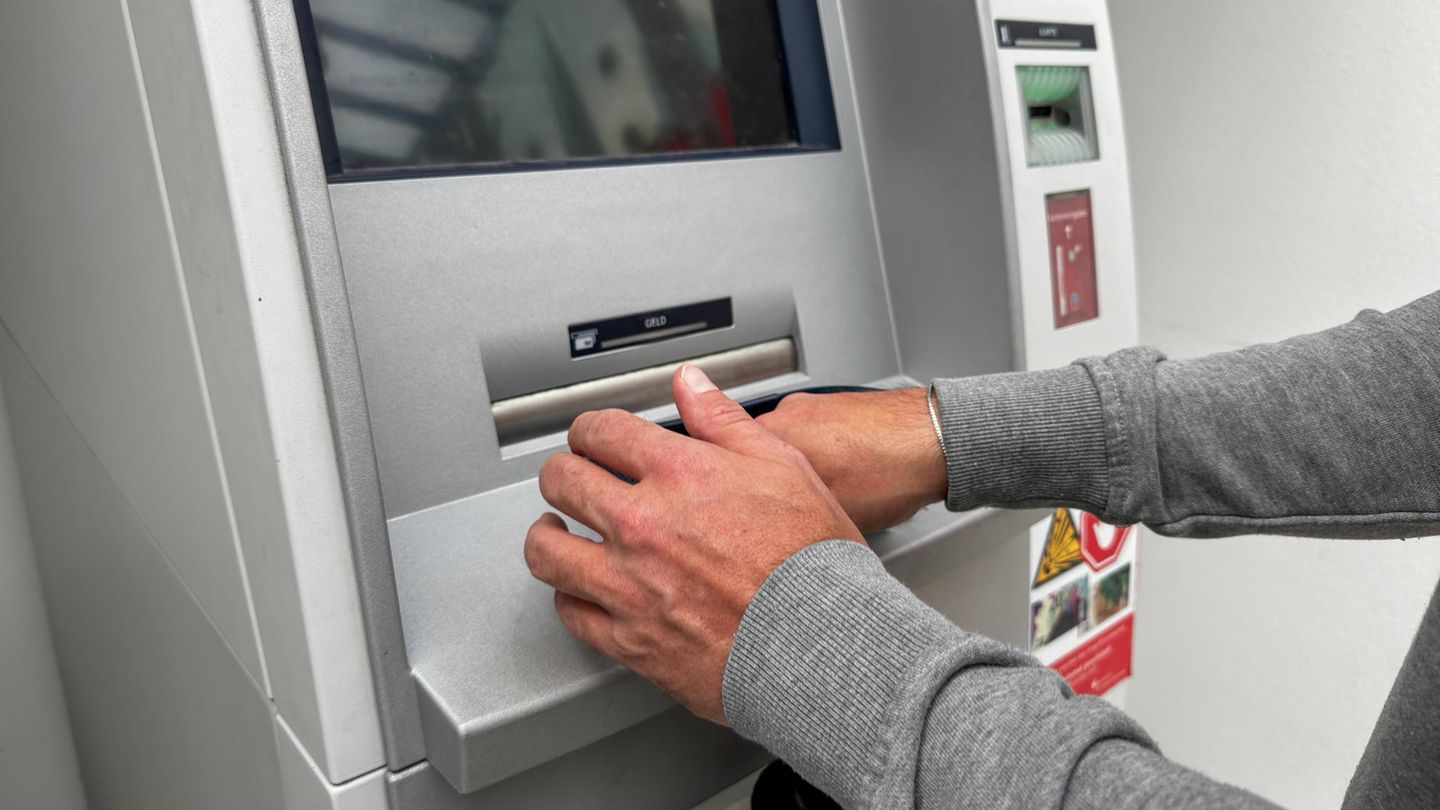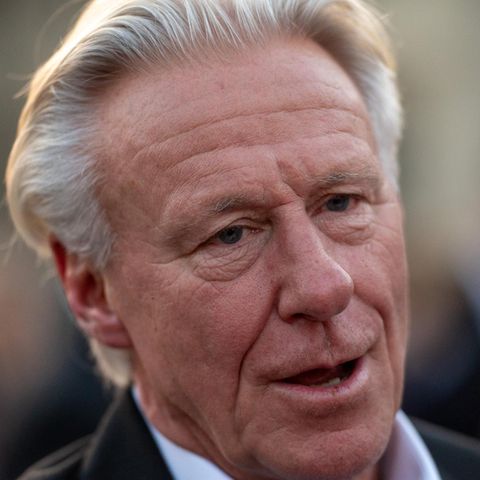1. What is chosen?
Today are the presidential elections in Brazil. If a second round is necessary, it will be held on the 30th of each month. In addition to the President and Vice President, candidates for senators, deputies, governors and provincial legislators will be voted on.
Some 156.4 million people will be able to vote in the next elections, according to the Superior Electoral Court. In Brazil, voting is mandatory for citizens between 18 and 69 years old and optional for illiterate people, young people between 16 and 17 years old and for those over 70 years old. Those Brazilians residing in other countries can also vote for president and vice president but must register in advance.
2. Who is running for President
Before the Superior Electoral Court, 12 candidacies for the presidency of Brazil were registered: Bolsonaro (Liberal Party), “Lula” da Silva (Workers’ Party), Ciro Gomes (Democratic Labor Party), Simone Tebet (Brazilian Democratic Movement), Vera Lúcia Salgado (United Socialist Workers Party), Felipe D’ Avila (New), Soraya Thronicke (Brazil Union), José María Eymael (Christian Democracy), Léo Péricles (Popular Unity), Sofia Manzano (Brazilian Communist Party), Roberto Jefferson (Brazilian Labor Party) and Pablo Marçal (Republican Party of Social Order).
Only Bolsonaro, da Silva, Gomes, Tebet, D’Avila and Thronicke, who lead the polls, participated in the first presidential debate.
3. How to vote in Brazil
Since 1996, elections in Brazil have been held through electronic voting.
On election day, Brazilians must enter the number of the candidate they want to vote on the device, according to the Brazilian Electoral Tribunal. That’s why in campaign ads, candidates announce their names, slogans, and a 2-digit number for the presidential election. For these elections, the Lula and Alckmin formula carries the number 13; and the Bolsonaro-Netto duo, on the 22nd.
For its part, in Brazil a second electoral round or ballot is held if the winner of the first instance does not reach the absolute majority of the votes, that is, if it does not exceed 50%.
The voting in the neighboring country is different than in Argentina. Here, the national Constitution establishes that a president assumes his position when his formula has obtained more than 45% of the affirmative votes or at least 40% of the votes and a percentage difference greater than 10 points with respect to the formula that follows in number of votes.
4. What are Lula Da Silva’s proposals
Lula criticizes the current socioeconomic situation in Brazil and promises that his most urgent commitment will be the “restoration of the living conditions of the vast majority of the Brazilian population, the one that suffers the most from the crisis, hunger, the high cost of living, those who have lost their jobs, homes and family life,” according to his political platform.
It also commits to defend “equality, democracy, sovereignty and peace”; to promote “sustainable economic development with stability”, which also takes into account the “commitment to social justice and inclusion with rights, work, employment, income and food security”.
In the presidential debate, the former president assured: “If I win the elections, at the beginning of January I will call a meeting with all the governors of the states. Call a meeting with the mayors of the capitals so that we can make a pact, to wage a real war against the educational backwardness left by the pandemic and the educational backwardness of other situations due to the adjustment that took place in [el área de] education”.
In that space, Da Silva highlighted his concern for environmental care, especially in the Amazon; and spoke out against the privatization of public companies.
5. What are Jair Bolsonaro’s proposals
Bolsonaro is seeking re-election, so in his political platform he criticizes his predecessors and proposes a path of continuity with the management that he has been carrying out.
With respect to the governments of the Workers’ Party, he points out that their management model favored the proliferation of poverty and impeded long-term economic development.
Meanwhile, he assures that the “management model” that he has been carrying out “strengthens the entrepreneurial spirit and the generation of employment”; and also aspires to “tax reduction” and “de-bureaucratization”.
“The re-elected government of Bolsonaro will continue to implement structural changes and reforms (which are not more complete due to the COVID-19 pandemic and the war between the Russian Federation and Ukraine), with the aim of improving the efficiency of public spending,” it states. also his political platform.
“This is a government that is acting against what has always been done. The other side talks about taxing the big fortunes. This causes the capital to leave, ”said the president in the debate.
In addition to the economic measures, Bolsonaro promised to “maintain the traditional values of our society: God, Country, Family, Life and Liberty.”
“A large part of the women of Brazil love me because I defend the family, I am against the liberation of drugs,” said the president in the presidential debate and added: “When I defend the carrying of weapons, in the field in particular , it is to give the woman the opportunity to defend herself.”
Source: Ambito
David William is a talented author who has made a name for himself in the world of writing. He is a professional author who writes on a wide range of topics, from general interest to opinion news. David is currently working as a writer at 24 hours worlds where he brings his unique perspective and in-depth research to his articles, making them both informative and engaging.




